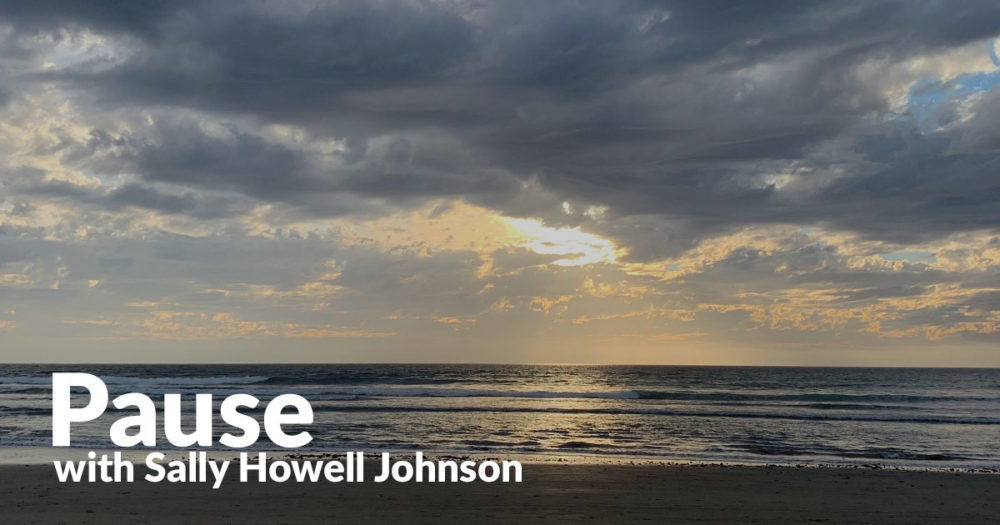“In those years, people will say, we lost track
of the meaning of ‘we,’ of ‘you’
we found ourselves
reduced to ‘I’
and the whole thing became
silly, ironic, terrible:
we were trying to live a personal life
and yes, that was the only life
we could bear witness to.
But the great dark birds of history screamed and plunged
into our personal weather.
They were headed somewhere else but their beaks and pinions drove
along the shore, through the rags of fog
where we stood, saying ‘I’.”
~Adrienne Rich
It is often interesting to me how certain words show up just when you need them. These words of Adrienne Rich showed up in my email at some point of this week. I have been thinking about community a lot over the last several days. I have been thinking about the immense value I place on community and how that is different, for me, from the lesser value I place on institution. I recognize that for many people they are synonymous or at least connected in ways that for me they are not. These thoughts have been working their talons into my psyche and spirit as I have tried to come to grips with many of the complex issues facing our church and our world. Rich’s poem helped some of the scales to fall from my eyes.
While I have now lived the majority of my life in an urban setting, my DNA has its home in small town living. I know from personal experience the great gifts and curses of growing up where everybody knows your name, who your parents are, what your family stands for. This intricately woven fabric of community has held me, shaped my way of moving in the world and given muscle and bone to my theology, my God talk. The deep ways this is true come out to show their true colors at very important and sometimes inopportune times.
Those of us who call ourselves United Methodists are living in an institution that is struggling. Struggling to find its voice. Struggling to know its identity. Struggling to understand what it means to hold the whole world within its walls. Struggling with what it means to be welcoming of all people, when all really means all. It is a struggle we share with other institutions, many of whom have made deep changes that have brought pain and transformation and a crisis of faith. Others are entrenched in ways that are immovable. In my estimation, as an institution we have often reduced ourselves to a conglomeration of ‘I’s and have forgotten what it means to be ‘we’, if we ever truly knew.
What I took away from growing up in a small town was a clear yet unspoken understanding that I was connected to a whole bunch of people who had as many warts and beauty marks as I did. Somehow we were all in a common life together not because we were all alike but because in our differences we made a greater whole than any of us did individually. It is much like what the apostle Paul described in his visual of the followers of Jesus as a body with many parts, each with its own gifts and function. Each equal, each important, not because a doctrine or book deemed it so but because God did.
As I have wandered this wilderness of trying to make sense of these difficult times, I have come to see that it is the church as experienced community that sustains me and where I see the face of the Holy. The institution will continue to legislate and create structures that may support this experienced life or it may run counter to it. I may or may not have power to affect change in this structure. But by placing my energies in the on-going spirit of being present to the ‘we’ that is community I find hope and remember who I am.
For this I am fully and truly grateful.
